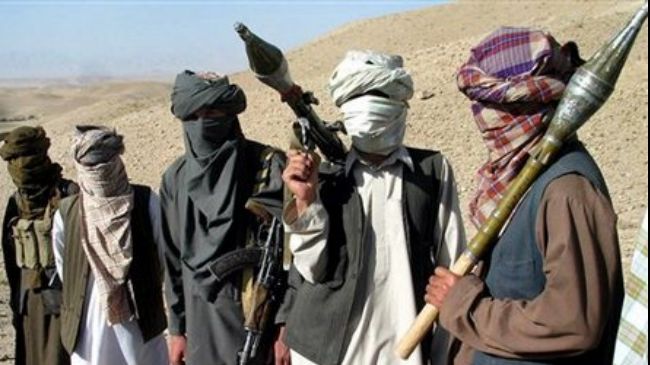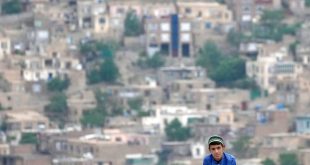After the death of the Taliban figurehead Mullah Omar, the insurgent group is hit by power struggle. The Taliban insurgent movement is teetering on the brink of large scale infighting over the command. The ISI-supported Mullah Akhtar Mansoor has stepped into shoes of Mullah Omar, but Mullah Yaqoob, the son of the late Taliban supreme leader, has challenged the appointment. Yaqoob is backed by several influential militant leaders including Abdul Manan, the brother of Mullah Omar. Turf-war in the Taliban movement is at fever pitch as Mullah Mansoor and Mullah Yaqoob refused to budge from their standpoint—leaving the command to other. Yaqoob is clawing the way up. Though there is rumor that Yaqoob has been killed by Pakistan’s intelligence agency, in Quetta soon after the differences emerged between the leaders of the Taliban, however, the news report couldn’t be confirmed so far.
The two groups are clinging to their standpoints so far. The two are trying to eject each other from the movement or clip wings of the opponent. The ISI is definitely intervening to placate the situation, however, the unbridgeable gulf will continue to widen. Those who pledged allegiance to Mullah Mansoor were brought under the duress. They are spoilt brats of the ISI, because Pakistan has been the most ambitious adversary to Afghanistan.
Amid challenges, it is a good sign for Kabul to be optimistic about the future of the country. Differences within the Taliban ranks will scuttle influence of the insurgent group and bring its attacking power to minimum level. These are all positive signs that indicate the Taliban movement is not dreaded anymore. Their fall at the frontline and political stage is obvious. Their foreign lords could not sustain supporting them for another decade. What they are good at is elimination of rivals. Therefore, chances are high that Mullah Yaqoob’s family and supporters will come under attacks until they bow down to Mansoor. If they don’t kneel before him, they will be eliminated. Islamabad is pulling its strings.
However, Afghan policymakers should keep alternatives available at the table. We should prepare for worst case scenario and expect good. It is necessary to avoid embarrassment at the eleventh hour. Presidential Palace’s statement regarding talks with the insurgent group is commendable. The president’s office categorically denied bargaining over political structure and termed the Taliban as an armed opposition. The government clearly adopted a crystal clear stance that it will not accept any parallel political structure. The militant groups could not be reintegrated into Afghan society unless they bring change in legacies—and the legacies are “no to foreign lords and acceptance of the Constitution.”
No doubt that acceptance of the Taliban as a parallel structure would vitiate morale of the nation and security forces. Change in Taliban’s leadership does not mean change in legacies or the mindset. The Taliban are hell-bent on destroying the country despite the fact that the war is almost drawn-out particularly the foreign troops announced the end of their combat mission. Attacks against Afghan security forces are explicitly in contravention of the struggle to convince militants and bring peace.
Despite the recent developments, the Pakistani spy agency would never let its investment caught by crisis. ISI’s assistance to the Afghan insurgents is not a secret. Islamabad sees itself as a major player in Afghan politics which is why it has been trying to gain a political clout in Kabul, particularly in Afghan foreign policy matters.
Therefore, the government should talk only to those who will announce unequivocally accept the Constitution of the country. They should also apologize for setting Afghanistan on fire. The militant groups cannot justify acts of arson, vandalism or assault. Their war is a sheer act of terrorism where dies none but the innocent Afghan. These factors should underpin the choices and decisions of the Afghan government.
 Afghanistan Times
Afghanistan Times


